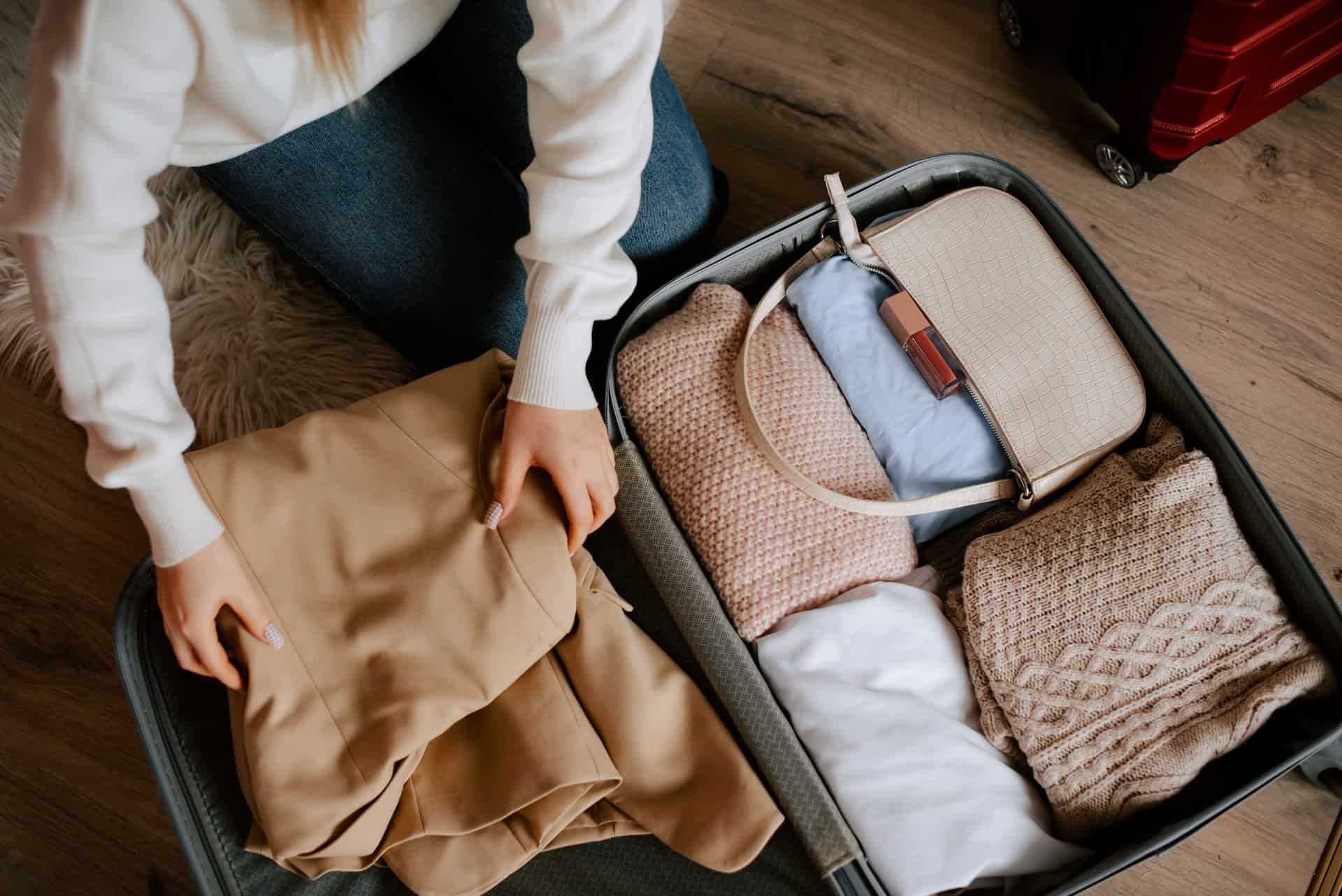When planning a trip, essentials are the most important to pack. In addition to clothes, cell phone chargers and toiletries, a good travel insurance plan is a must-have if you want to see the world!
A travel insurance plan covers the risk of unexpected situations while you are away. This includes natural disasters, personal injuries, illness and even terrorism.
Who needs travel insurance?
Various types of travel insurance are available. These cover from cancellations to medical emergencies. The cost depends on what is included in the plan. It is important to know exactly what your plan covers and does not cover.
When you take out a travel insurance plan, ask yourself the following questions:
- Are you willing to lose deposits in the event of a cancellation?
- Are you willing to pay if you have to return earlier?
- Are you willing to pay for medical emergencies right away?
- Do you have a credit card or general insurance that includes travel insurance?
If you answered ‘no’ to more than one of the above questions, it would be wise to purchase travel insurance before boarding the plane.
Types of travel insurance
- Cancellation insurance
Cancellation insurance covers you when unforeseen circumstances prevent you from going on your trip. This includes illness, injury and the death of a family member.
When considering cancellation insurance, it’s good to think about the amount of money you already spent before embarking on the trip. If you have already incurred many expenses for the trip, this insurance is a good idea.
- Medical travel insurance
Medical travel insurance offers several types of coverage. Medical evacuation covers the cost of having to be transported to the nearest medical centre or to your home country for treatment due to an injury and/or illness. If you are going on a journey full of adventure, make sure it covers adventure travel.
Keep in mind that you may have to pay for medical care in advance and then claim it from your insurer later. Before you apply for medical travel insurance, first see what your general insurance covers for medical care.
- Loss and/or delay of luggage
This type of insurance protects you when you lose your luggage or when it is delayed or stolen. This usually includes a cash payment if your luggage still did not arrive more than 12 hours after your arrival.
- Flight delay or cancellation
This will usually pay for your accommodation, meals and new travel arrangements once your trip has been delayed for a certain period of time.
- Travel document protection
Travel document insurance will take effect if you need to replace your passport and/or other documents after you have lost them or if they have been stolen.
Read the policy
If you take out travel insurance, it is your duty to check which emergencies are covered. Make sure you understand the process, so you know what to do if you have to make a claim or use medical services.
At certain ages some health problems are often excluded. Not all activities are necessarily covered, for example, if you go skiing in Switzerland, claims related to your broken leg may be rejected, because the policy in question classifies skiing as a high-risk activity. In areas where people are kidnapped, policies sometimes cover only a few days of negotiation with the criminals or terrorists, while negotiations may take months. Read the options carefully before taking out insurance, but don’t leave home without it.
Some travel insurance plans do not cover dentistry, pregnancy implications or plane tickets purchased with points, so it is very important that you read the fine print.
How much does travel insurance cost?
The cost of an annual travel insurance plan depends on the age of the traveller, the length of the trip, travel costs, what the plan includes and the limits on coverage.
Did you know travel insurance can also cover the following situations?
Your travel insurance does not have to end when your trip ends. You can extend it if you plan to travel longer. If you have single coverage, you can extend the plan as it suits you.
If an emergency keeps you away from your home, your travel insurance can cover basic expenses such as accommodation, meals and transport costs.
Travel insurance does not have to be taken out for a single trip. If you plan to be out of town more than twice a year, you can take out a dual itinerary that costs less.
The well-known saying ‘discretion is the better part of valour’ applies to travel insurance. Most travellers pack their bags for a memorable vacation, and the travel insurance in your suitcase will give you the peace of mind you need.




















